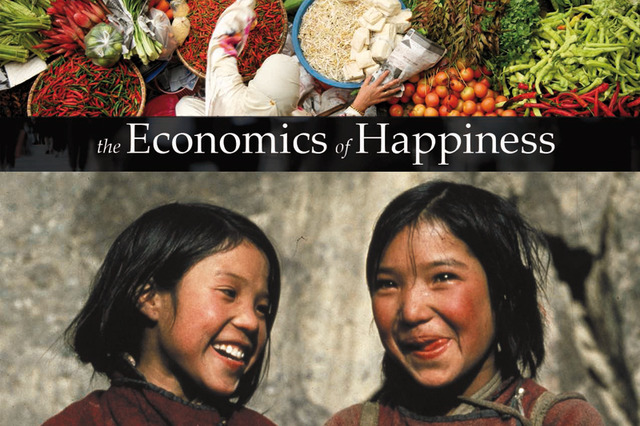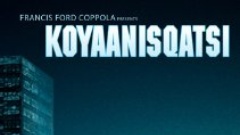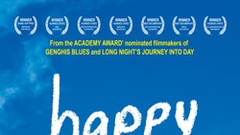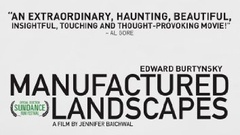The Economics Of Happiness + Q&A With Robin Stott Of Medact (2011)

Part of the Occupy Happiness Season
| Director: | -Helena Norberg Hodge |
|---|---|
| Certificate: | Unknown |
| Length: | |
| Format: | DVD |
| Language: | Eng |
| Country: | USA |
REVIEWS
"One of my all-time favorite documentaries, The Economics of Happiness"
Cindy Sheehan, antiwar activist
"The Economics of Happiness takes hold of the baton dropped by former Vice-President Al Gore's An Inconvenient Truth and runs it all the way to the finish."
Andrew Dash Gillman, Local First Utah
"This passionate film presents a clear and articulate vision of what a shift in the scale at which we do things would look like…Very timely and powerful."
Rob Hopkins, Co-founder of the Transition Network and Transition Town Totnes.
"A powerful new film that cuts deeply to the heart of the global crisis. Magnificent!"
David Suzuki, Television presenter and environmentalist
"It's a superb movie. I think it ought to win an Academy Award for documentary."
Rob Kall, exec. direc. of OpEdNews.com.
TRAILER
http://www.theeconomicsofhappiness.org/
ABOUT
The Economics of Happiness describes a world moving simultaneously in two opposing directions. On the one hand, an unholy alliance of governments and big business continues to promote globalization and the consolidation of corporate power. At the same time, people all over the world are resisting those policies, demanding a re-regulation of trade and finance—and, far from the old institutions of power, they’re starting to forge a very different future. Communities are coming together to re-build more human scale, ecological economies based on a new paradigm – an economics of localization.
The film shows how globalization breeds cultural self-rejection, competition and divisiveness; how it structurally promotes the growth of slums and urban sprawl; how it is decimating democracy. We learn about the obscene waste that results from trade for the sake of trade: apples sent from the UK to South Africa to be washed and waxed, then shipped back to British supermarkets; tuna caught off the coast of America, flown to Japan to be processed, then flown back to the US. We hear about the suicides of Indian farmers; about the demise of land-based cultures in every corner of the world.
The second half of The Economics of Happiness provides not only inspiration, but practical solutions. Arguing that economic localization is a strategic solution multiplier that can solve our most serious problems, the film spells out the policy changes needed to enable local businesses to survive and prosper. We are introduced to community initiatives that are moving the localization agenda forward, including urban gardens in Detroit, Michigan and the Transition Town movement in Totnes, UK. We see the benefits of an expanding local food movement that is restoring biological diversity, communities and local economies worldwide. And we are introduced to Via Campesina, the largest social movement in the world, with more than 400 million members.
Tickets £5 / £3.50
Other films in the Occupy Happiness Season:

11
Film: Koyaanisqatsi (1982)
11 Jul 2012, 7:30 p.m.
The film consists primarily of slow motion and time-lapse footage of cities and many natural landscapes across the United States. Supported by F. F. Coppola, this is a bit of a cult film.

12
Film: Happy (2011)
12 Jul 2012, 7:30 p.m.
HAPPY is a feature‐length documentary that leads viewers on a journey across 5 continents in search of the keys to happiness.





